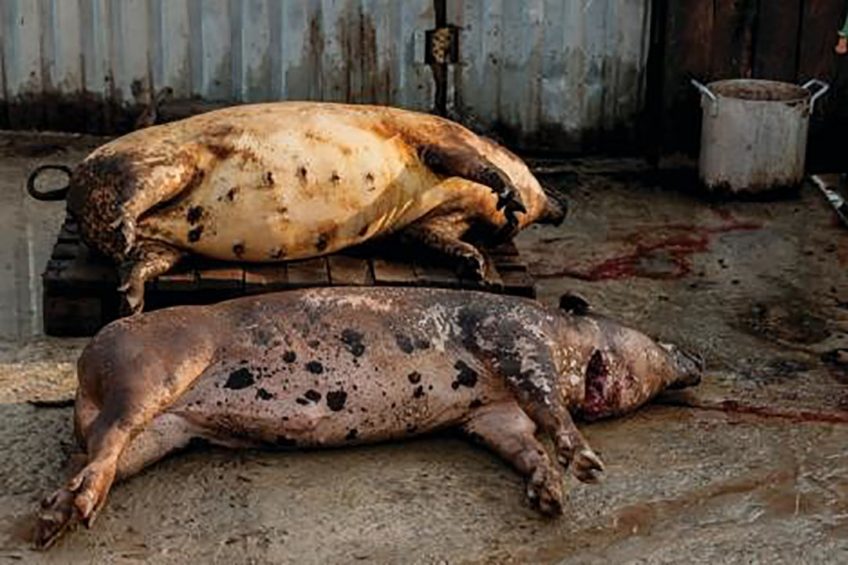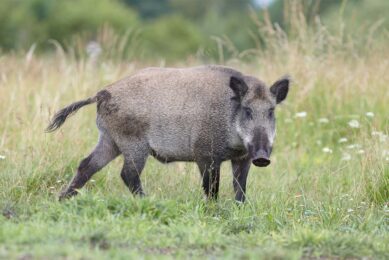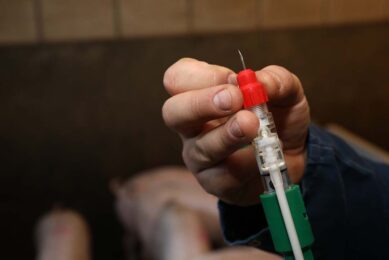ASF Bulgaria: 130,000 pigs culled

Amid an escalation of African Swine Fever (ASF) cases in domestic pigs in eastern Europe, Bulgaria has culled about 130,000 pigs on large commercial farms in the country over recent weeks.
According to recent reports by the World Organization for Animal Health (OIE), Bulgaria has reported more than 30 outbreaks across 10 regions since early July, including 6 on large commercial farms. The provinces Ruse, Silistra and Veliko Tarnovo, where these outbreaks occurred, all border Romania in the north.
The 6 large farms with populations of over 1,000 animals had to be depopulated. They are:
- July 19: Nikolovo, Ruse province: 17,590 pigs
- July 24: Brashlen, Slivo Pole, Ruse province: 36,551 pigs
- July 26: Golyamo Vranovo, Slivo Pole, Ruse province: 28,041 pigs
- July 30: Popina, Silistra province: 21,448 pigs
- July 31: Bulgarsko Slivovo, Veliko Tarnovo province: 17,200 pigs
- August 1: Vetren, Silistra province: 8,244 pigs
Amid fears, a state of emergency has been confirmed in several districts as Bulgaria’s entire pig herd of 616,000 (2017 figures, FAO) could be at risk.
20km sanitary zones set up
Press agency Reuters reported that in a move to contain its spread, 20km sanitary zones have been set up around all registered industrial pig farms, with authorities ordering the culling of home-raised pigs by the Food Safety Agency in these zones. The news agency added that the move is causing unrest with protest rallies being held in several parts of southern Bulgaria as hundreds of pig keepers resist the orders, arguing that there had been no outbreaks in their regions. The deadline for culling in the area has now been extended from 2 to 11 August.
The Bulgarian pig industry, on the other hand, called for a nationwide state of emergency. Meanwhile, the price of pork in the country has risen 30% in less than a month.
You will find more ASF related articles on the ASF minisite
ASF updates in Romania
There has been a significant increase in the number of outbreaks in domestic pigs reported by Romania, with around 300 cases, mostly in backyard holdings, but including a commercial farm with 20,000 pigs. This compared with 76 cases in June.
Meanwhile, the first cases of ASF have also been confirmed in Slovakia in July near the Hungarian border. In Serbia, a suspected case has been found but it has not yet been confirmed.
Find out more about ASF using the Pig Progress interactive health tool!
 Beheer
Beheer








 WP Admin
WP Admin  Bewerk bericht
Bewerk bericht